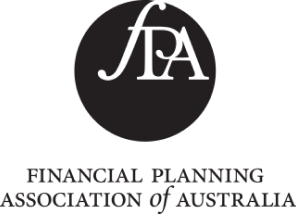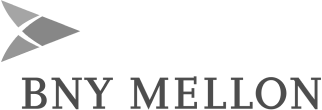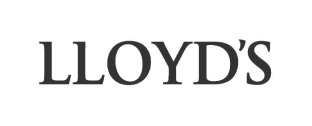

Financial Planning
Build your financial future. Grow generational wealth with a financial plan tailored to your lifestyle and financial goals. Explore the best super investment options with industry-leading financial planners today.
Receive independent and personalised financial advice
Review and adapt that advice to your changing life
Grow your wealth and secure your financial future
Ownership structuring and asset protection
General taxation planning
Debt management
Insurance advice
Investment advisory
Superannuation advisory
Self-managed Super Fund advisory
Estate planning
Retirement and succession planning
Philanthropic advice
In your next life stage, you’ll focus on diversifying your wealth with the best Australian super investment options as well as maintaining and growing your lifestyle.
As you prepare for retirement, you’ll maintain your lifestyle and look after your family.
Finally, you enter the relaxing stage of life during which you’ll continue to manage your super and protect your wealth for future generations.

seeking a trusted financial advice partner to plan all their aspects of wealth and personal finances, including super investment management.

seeking an expert partner to plan and accelerate their wealth creation through the best super investment options in Australia.

Identify lifestyle and financial needs and craft strategy

Confirm and execute your wealth growth strategy

Build wealth and continuously review and refine strategy
When you partner with Cashel Family Office, you get a dedicated team of retirement advisors working to ensure you’re getting the best financial planning. We work with you to ensure you’re investing with quality super fund managers and assets that match your personal risk and tax profile.
We do not employ a set-and-forget strategy. Once we become your investment manager, we provide ongoing advice each year about the success of your super fund. Our planning takes into account financial and compliance reporting periods, the best super investment options for your circumstances as well as your life events.

Our financial advisers hold related master’s degrees in finance and financial planning, along with designations such as Chartered Financial Planner and Chartered Accountant. These qualifications ensure they have the skills needed to handle your family’s individual needs. Our ongoing training ensures we are at the forefront of thought leadership and best practice.
Our Australian Financial Services and Australian Credit License provides us with the unrestricted ability to source and compare financial, insurance debt and investment products and opportunities from every possible source.
Ensure your retirement savings are optimised for success with Cashel Family Office. For more information about our super investment management services, please contact us today.






What is super investment management, and how does it work?
Super investment management involves overseeing and making strategic decisions about how your superannuation funds are invested. This includes selecting asset classes, monitoring performance and adjusting investments to align with your retirement goals and risk tolerance. By effectively managing your super investments, you can grow your retirement savings and ensure they meet your financial needs in the future.
How do I choose the best super investment options for my financial goals?
Choosing the right super investment options requires understanding your financial goals, risk tolerance and time horizon. A financial advisor can help you assess your current super portfolio, recommend suitable investment strategies and adjust allocations to maximise returns while aligning with your long-term objectives. Regular reviews are also essential to ensure your super investments remain on track.
Can financial planning help optimise my super investment returns?
Yes, financial planning plays a crucial role in optimising your super investment returns. A skilled financial planner can evaluate your current super strategy, identify growth opportunities and implement tax-effective measures. They also provide ongoing advice to adapt your investments as market conditions or personal circumstances change, ensuring your super fund continues to grow and support your retirement goals.